FACTS ABOUT THE INDUSTRIAL REVOLUTION
Added on: 12th Aug 2016
BIRTHPLACE OF INDUSTRIAL REVOLUTION

Great Britain was the birthplace of the Industrial Revolution.
Primarily a rural, agrarian society up to that point, most
British people grew most of their food and produced most
of their clothes and tools. The Industrial Revolution led to
specialization in which workers would focus on specific tasks
and sell their products for other people’s products.
BRITAIN'S SHADY DEALINGS
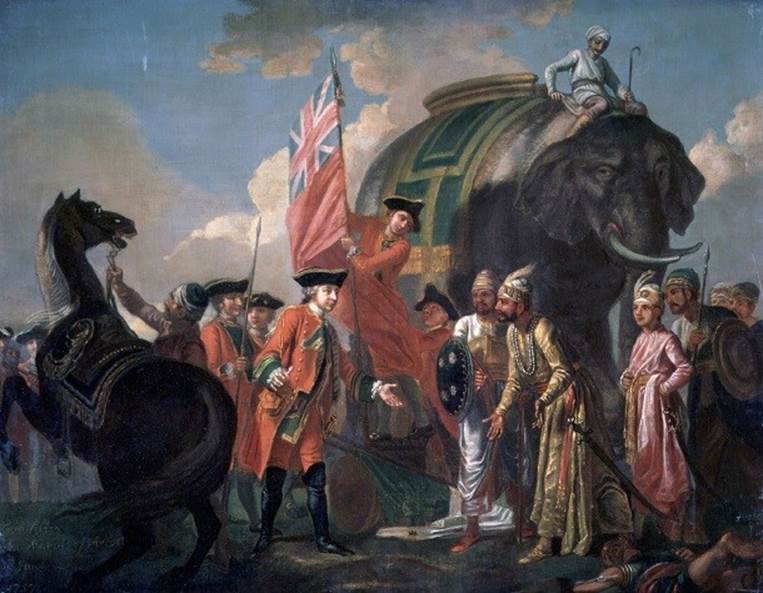
Besides its eager-to-work populace, Britain also had the
largest colonial empire in human existence. These colonies
provided raw materials which were shipped to the U.K.,
made into the finished product, then sold back to the
colonies. Sounds like a scam if we’ve ever seen one!
WHY DIDN'T OTHER COUNTRIES INDUSTRIALIZE FIRST?
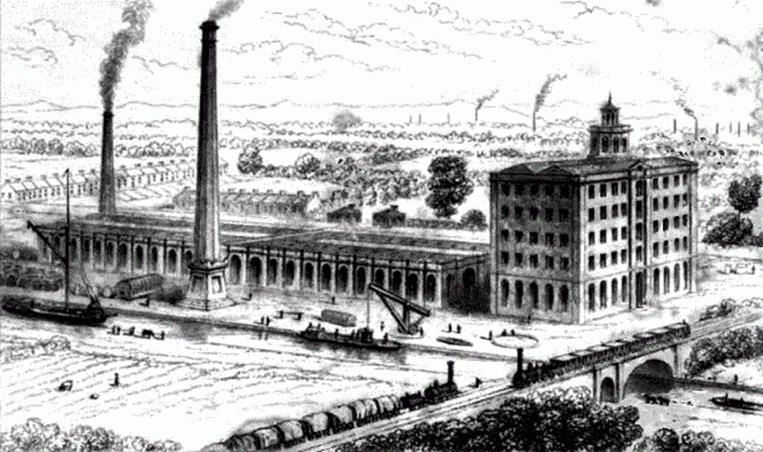
One of the greatest advantages Britain had above other
countries was political stability. More-unstable countries
would not have been able to effectively organize themselves
into the structured systems needed to make production
and distribution cost-effective.
A YARN-SPINNER CHANGES HISTORY
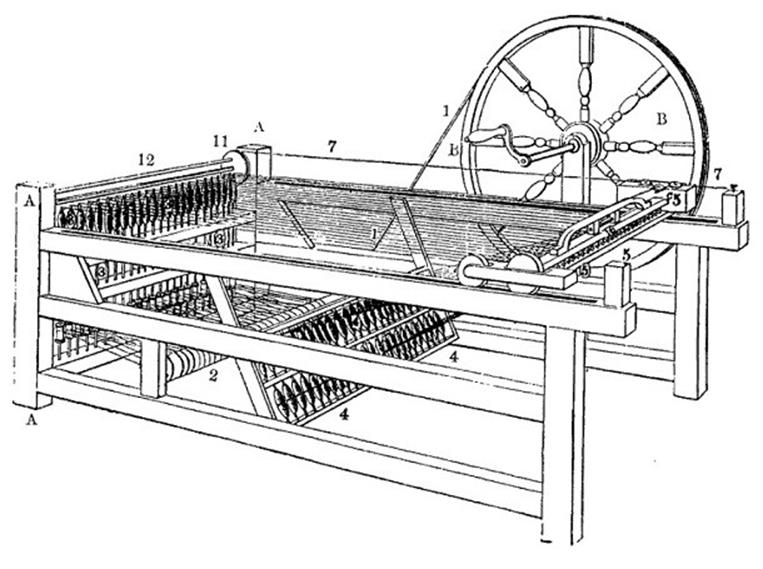
One of the most-impacted industries was textile (clothes
and garment) production. While a decentralized “cottage industry”
existed prior, it was widely inefficient. In 1764, James
Hargreaves invented the spinning jenny – a machine which
dramatically reduced the amount of time it took to make a spool
of yarn. Though basic, Hargreaves’ invention proved to be
one of the most useful products of the Industrial Revolution.
THE ANTI-INDUSTRIALISTS
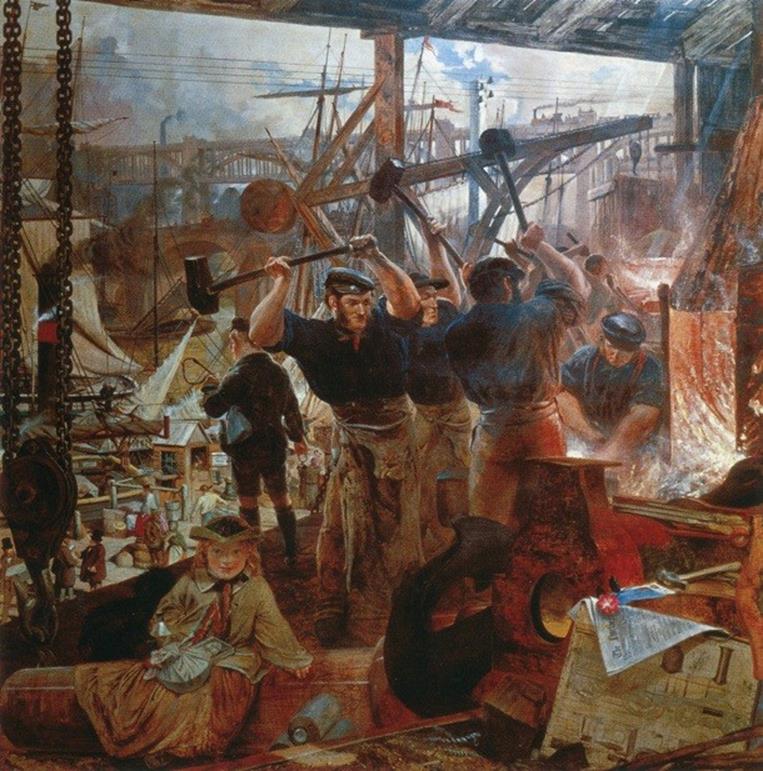
Not everyone was happy with the technological changes
happening to British society. The Luddites were citizens
united against change. The name often refers to a group of
workers in the early 1800’s who destroyed factories and
machinery to protest the inevitable industrialization.
METALS CHANGE THE GAME
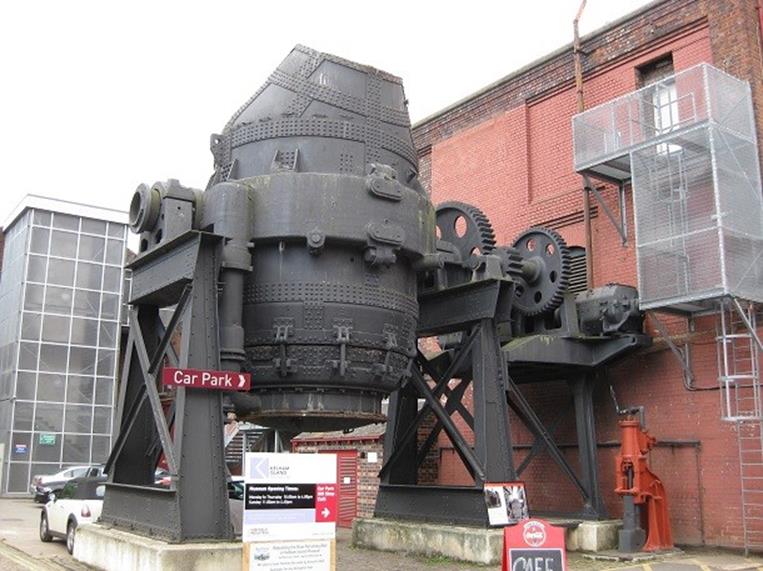
Cheaper clothes alone wouldn’t drive Britain forward. The
work of Abraham Darby in reducing the cost of making cast
iron and Henry Bessemer in reducing the cost of mass-
producing steel formed a bedrock (of metal) that
British dominance would be built upon.
RISE OF FOSSIL FUELS
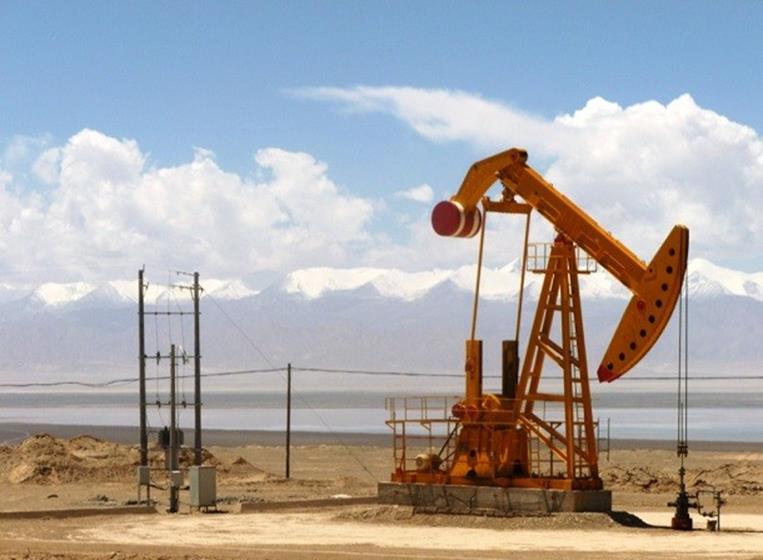
Though the machines were built, they couldn’t be powered
without energy. The discovery and rapid adoption of fossil
fuels such as oil, natural gas and coal allowed societies to
move past man-and-beast-power and energize
machines much more efficiently.
STEAM STARTS POWERING THE MACHINES
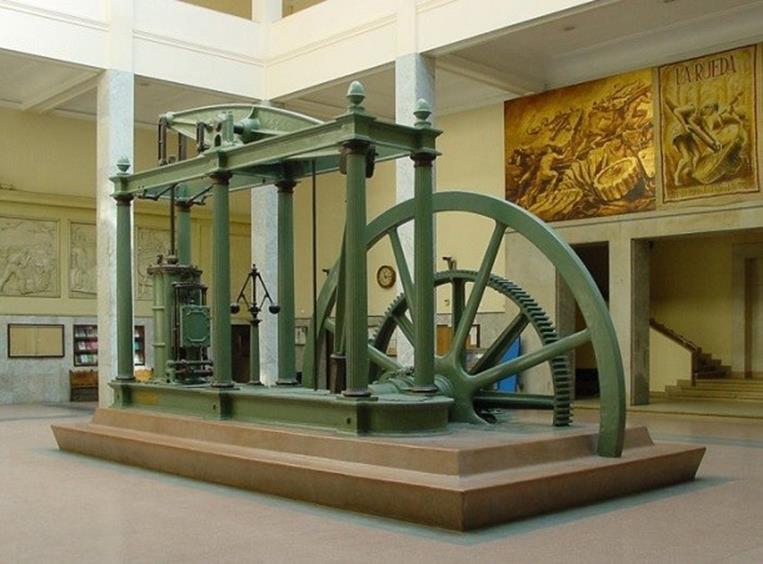
Though the steam engine was first created by Thomas
Newcomen in 1712, it was mostly used to pump water out of
mines. Scotsman James Watt built on his work and 60 years
later had produced an efficient machine which could power
machinery, train locomotives, and ships. (Beyond the steam
engine, Watt was a massively influential engineer,
formulating the concept of horsepower and the
modern metric system.)
THE FIRST STEAM LOCOMOTIVE
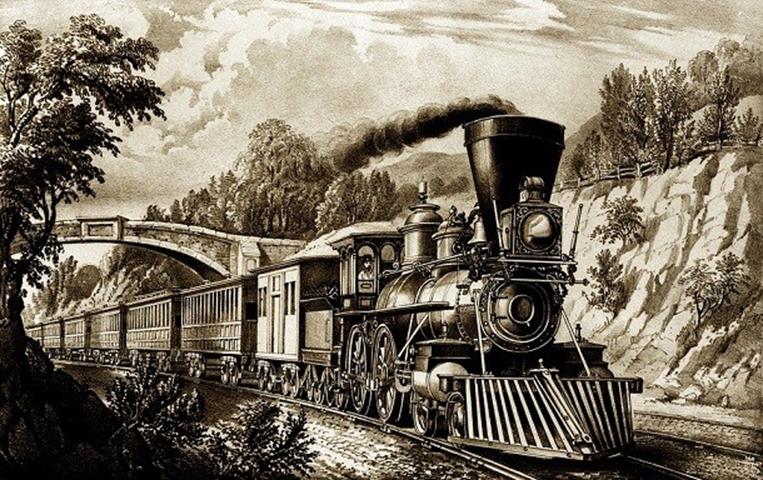
One hundred years after the first steam engine was made by
Newcomen, Brit Richard Trevithick built the first steam
locomotive. Railways in the U.K. first began operating in
1830 with a Liverpool-Manchester line.

Comment on this